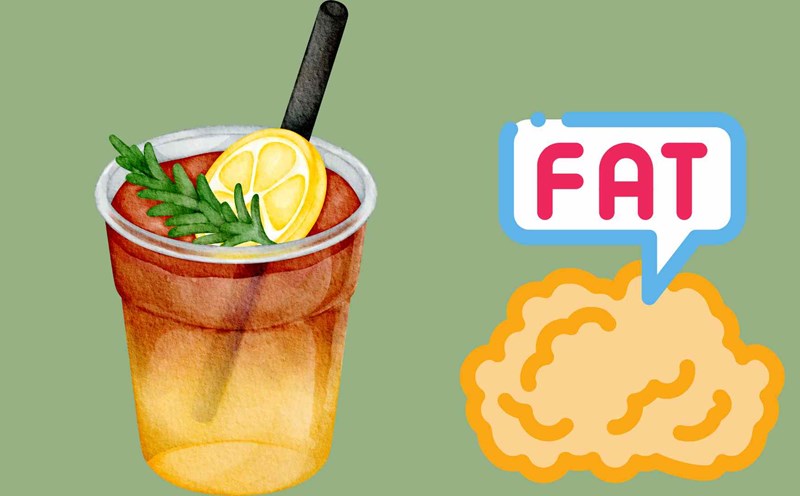According to nutritionists, dietary control plays a decisive role in reducing visceral fat, especially limiting four food groups.
First, sugary drinks. Research from Harvard T.H. Chan School of Public Health shows that drinking 12 cans of soft drinks a day can increase visceral fat by 10% in just a few weeks. Liquid sugar is absorbed quickly, causing excess energy and fat accumulation around the liver.
Second, processed meats such as sausages, bacon, and jambon. Dr. Deborah Cohen (DH Rutgers, USA) commented: "Processed vegetables contain a lot of saturated fat and salt, increase insulin resistance, promote visceral fat accumulation faster than fresh protein".
Third, fried foods are high in fat. Reusable oils and trans fats in fried foods make it difficult for the body to metabolize, increase bad cholesterol (LDL) and make fat stick tightly around the visceral tissues.
Finally, sweet candy and industrial dessert. Many types contain refined flour, trans fat and artificial sugar, causing a sudden increase in blood sugar, easily leading to belly fat accumulation.
Experts recommend that instead of eliminating it completely, reduce consumption frequency and replace it with healthy foods such as green vegetables, whole grains, fatty fish and low-sugar fruits. In addition, combining 150 minutes of physical activity/week helps control visceral fat more effectively.











